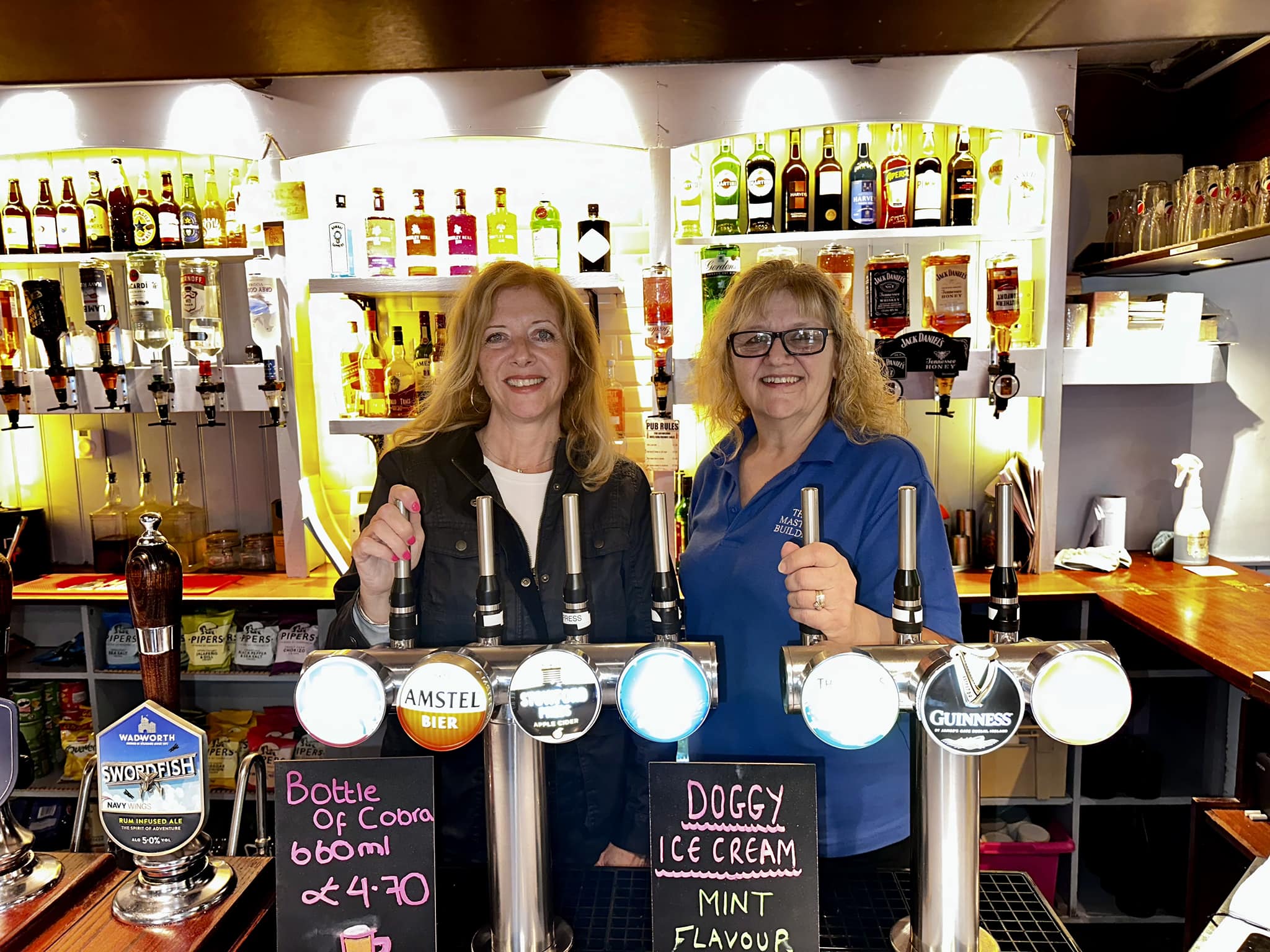Last week I heard from yet another publican in my constituency expressing fears about the impact of the Government’s budget on his livelihood, when he is already coping with the challenges of high energy bills, the cost of living crisis and employment costs. He has now taken the difficult decision to close his pub on Mondays, Tuesdays and Wednesdays from January to March.
The hospitality industry is once again facing a perfect storm, which is why I decided to hold a Westminster Hall debate on Government support for this vital sector in my constituency of Eastleigh and across the UK. Pubs, restaurants, cafés, hotels, venues and tourism attractions that are the beating heart of our high streets and communities are under incredible pressure.
In Eastleigh the hospitality industry contributes £114 million annually, it employs 1,805 people and encompasses 84 venues, including 32 local pubs.
Nationally, hospitality employs 3.5 million people. It generates £140 billion in economic activity and pays £54 billion in taxation. The Government’s Budget, however, introduced £3.4 billion of cost increases, including rises in employer national insurance contributions. Those measures disproportionately impact lower-paid and part-time workers, who form the backbone of the industry. The Office for Budget Responsibility has said that next year 60% of the employer national insurance contribution’s increase will be paid for by staff in reduced real wages.
According to UKHospitality, employer national insurance contributions for a part-time worker on 15 hours will increase by 73%. Combined with reductions in business rates relief from 75% to 40%, these policies are creating unsustainable pressures on businesses already operating on razor-thin margins.
They include the Master Builder in West End in my constituency, run by landlady Lorraine. Her pub is much more than a place to have a drink and a bite to eat – as she puts it, “it’s about friendship, kindness and community.”
Yet with rising costs Lorraine is questioning how much longer she can keep her doors open while working over 90 hours a week to make her business work.
David, owner of independent brewery The Steam Town Brew Co, raised with me the issues of residual inflation in food and drink, the prices of raw ingredients for brewing and high interest rates. He wants to grow the business, but the current economic conditions and existing market restrictions, such as the lack of access to tied pubs for smaller breweries, make it challenging.
The situation is made worse by the costs of energy. Hospitality businesses are among the most energy-intensive sectors, with pubs and restaurants relying heavily on refrigeration, heating and cooking equipment. High energy costs have led to dramatic increases in operating expenses that are becoming too hard to bear.
We know this Government is having to make difficult decisions to try to address years of economic mismanagement by the previous one. The Conservative Government presided over an historic drop in living standards – the first time British households ended a Parliament worse off than when it began – and with the added pressures of the pandemic and the cost of living crisis it is no wonder that the hospitality sector has struggled in recent years.
Liberal Democrats have long called for the replacement of the deeply flawed business rates system with a commercial landowner levy, which would tax only the land value of commercial sites. That reform would encourage investment in buildings and infrastructure, reduce taxes in 92% of local authorities, particularly in deprived areas, and shift the administrative burden from businesses to landlords.
For high streets such as those in Eastleigh, that could provide a much-needed lifeline. It would allow businesses to focus on growth and innovation, while alleviating the crisis faced by small enterprises and hospitality venues. Although the Government have announced plans to introduce lower business rates for retail, hospitality and leisure properties from 2026-27, by the time those reforms take effect, many businesses will already have shut their doors.
Instead of stifling those businesses with increased taxes, the Government should lift burdens to allow the hospitality sector to thrive. A strong hospitality sector brings busy pubs, bustling hotels, vibrant nightlife and a renewed sense of community spirit. That is what our towns and cities need to recover from years of economic stagnation.
Every closed hospitality venue is not just a lost business but a lost opportunity for social connection and local employment. The Government must deliver policies that support hospitality and ensure a brighter future for our high streets and the communities they serve.


